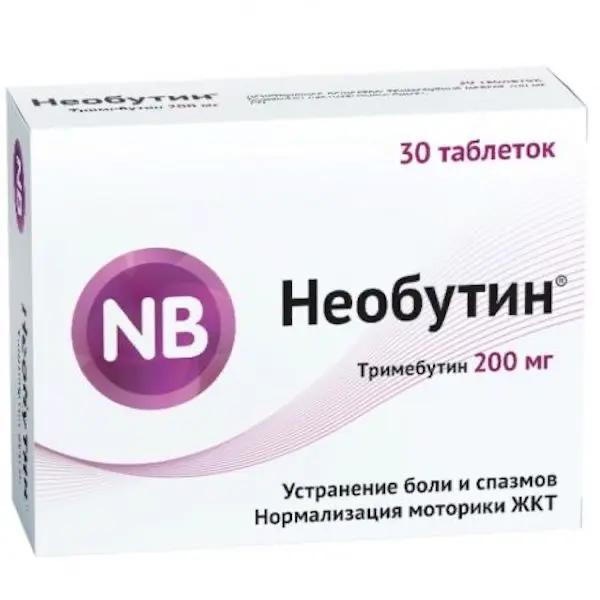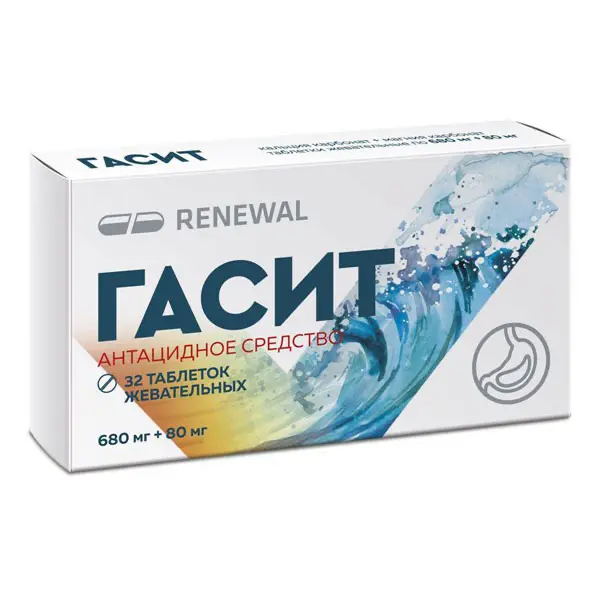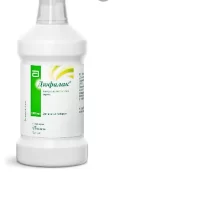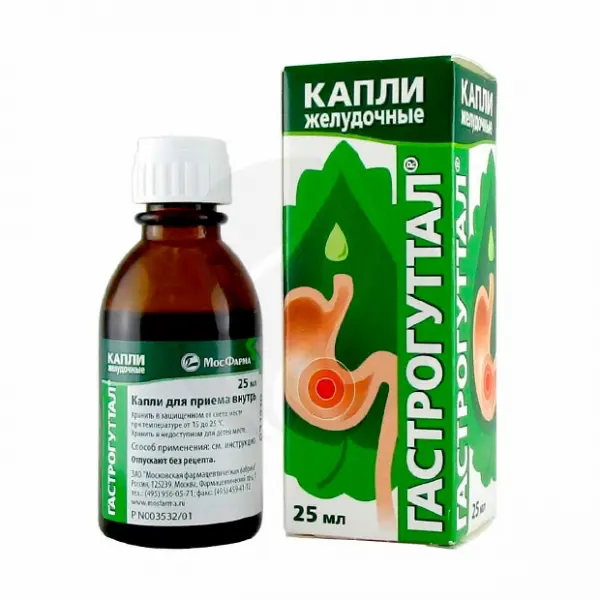Description
Neobutin Pharmacodynamics
Trimebutine, acting on the enkephalinergic system of the intestine, is a regulator of its peristalsis. Acting on peripheral ?-, ?- and ? receptors, including those located directly on the smooth muscles throughout the gastrointestinal tract (GIT), it regulates motility without affecting the central nervous system. Thus, trimebutine restores normal physiological activity of the intestinal muscles in various GI diseases associated with motility disorders.
Normalizing visceral sensitivity, trimebutine provides analgesic effect in abdominal pain syndrome.
Indications
Irritable bowel syndrome. Postoperative paralytic intestinal obstruction.
Contraindications
Hypersensitivity to trimebutyn maleate and other ingredients of the drug.
Childhood age under 3 years (for this dosage form).
Pregnancy.
Lactose intolerance, lactase deficiency, glucose-galactose malabsorption.
Administration during pregnancy and lactation
Pregnancy. No data on teratogenicity and embryotoxicity of trimebutine were found in experimental studies. Nevertheless, due to lack of necessary clinical data, the use of Neobutin® during pregnancy is contraindicated.
Breast-feeding period. Neobutin® is not recommended for use during breast-feeding because of the lack of reliable clinical data confirming the safety of the drug during this period. If it is necessary to apply trimebutine during breastfeeding, breastfeeding should be stopped.
Dosage and administration method
- The drug is taken orally, before meals.
- Adults and children over 12 years of age are prescribed 100-200 mg 3 times per day.
- To prevent relapse of irritable bowel syndrome after the course of treatment in remission, it is recommended to continue taking the drug at a dose of 300 mg/day for 12 weeks.
- Children aged 5-12 years are prescribed 50 mg 3 times per day, children aged 3-5 years – 25 mg 3 times per day.





